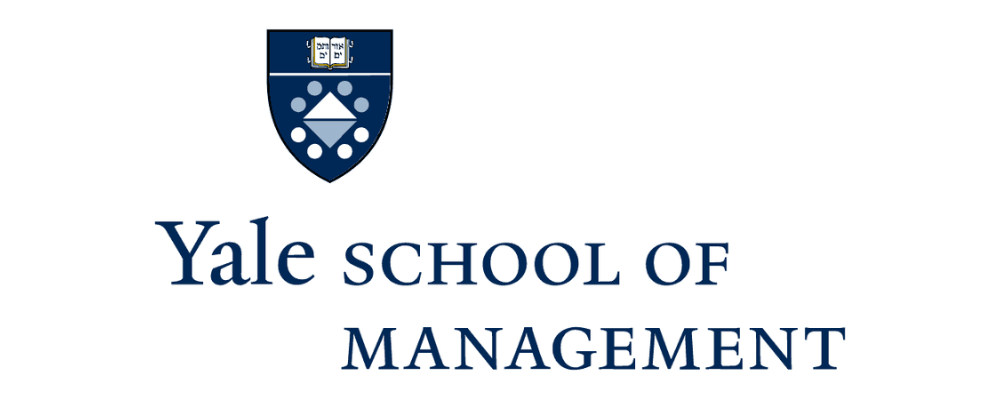
Revenue fraud—when a company artificially inflates its revenue to meet investors’ expectations—can wreak havoc on financial markets, which rely on accurate information to function properly. In recent years, scholars have attempted to improve fraud detection methods by using machine learning, statistics, and even vocal emotion analysis software, which analyzes the speech of corporate executives on earnings calls.
Yale School of Management Professor X. Frank Zhang and two co-authors have a simpler solution: a company’s customers.
In a recent paper, Zhang, Chenchen Li of Nanjing University, and Ningzhong Li of the University of Texas at Dallas analyze customer information disclosed by supplier firms and provided in customer firms’ accounting data to predict two types of revenue fraud: so-called cooking the books, in which a supplier simply fudges their own numbers, and channel stuffing, in which a supplier arranges to provide excess goods to a customer with a side agreement allowing the customer to return the products at a later date or make delayed payments.
At the outset, Zhang and his coauthors predicted that two kinds of discrepancies would be associated with a greater likelihood of supplier revenue fraud: a discrepancy between supplier sales growth and customer purchase growth numbers, which they called DSC, and year-over-year jumps in customers’ inventory and accounts payable, which they called ExcessPurchase. They were right in both cases.
The work, which focuses on business-to-business commerce, is important because most fraud detection methods rely on a fraudulent firm’s own data.
“This paper is unique because it uses information from the supplier-customer relationship to identify accounting fraud,” Zhang explains.
Although supplier-customer information has been used to predict supplier stock prices and future earnings, it has not previously been used to detect supplier financial misreporting.
The method is also efficient. The most comprehensive and widely used fraud detection method in accounting literature is the Dechow model, which relies on 11 different variables from firms to determine if they are committing revenue fraud. For channel stuffing, the Dechow method has found that a one-standard-deviation increase in its scoring system increases revenue fraud probability by .15 percent. Under the same circumstances, Zhang’s model finds an increase in the likelihood of fraud about half that size (.07 percent) using just one variable: ExcessPurchase.
“Our single variable is half as informative as a combination of all 11 variables used in the Dechow model,” he says.
In cases of cooking the books, Zhang and his coauthors found that firms with large discrepancies between supplier sales growth and customer purchase growth are about 0.27% more likely to have engaged in revenue fraud than firms with low discrepancies. Given that the average likelihood of fraud in Zhang’s study is only 0.4%, the numbers are significant.
Zhang, who previously worked on Wall Street and at Bank of China, has long studied corporate financial reporting, including earnings manipulation—one recent paper looked at the environmental impact of decisions by companies facing short-term pressure to meet earnings goals.
“Companies manage their earnings in certain ways—most times, they manage up in order to meet or beat earnings targets,” he says. “Most earnings manipulation is legal; fraud is an extreme form of earnings manipulation where companies cross the line and do something illegal.”
The authors’ study spans almost half a century (1976-2018) and is based on nearly 30,000 supplier-year observations in which firms can be matched to customers and in which data on supplier sales growth, customer purchase growth, and customer excess purchases is available. They found 106 revenue frauds in total, or 0.4% of the sample. The average size of firms in the study in terms of assets was $1.4 billion.
More than 70% of the suppliers included in the sample use major accounting firms, but Zhang says auditors rarely uncover fraud.
“Auditors tend to maintain good relationships with their clients,” he says. “They don’t want to screw up the business.”
And customers rarely report the fraudulent behavior of their suppliers for similar reasons—they care mostly about quality products and timely delivery, not fraud.
Zhang says the findings in the paper are significant for regulators, investors, and accounting scholars. In fact, he’s already heard from Wall Street investors looking for an edge in trading.
“Short sellers are particularly interested in companies that have committed fraud,” he says. “They want to short those stocks.”
Zhang has also heard from representatives of the U.S. Securities and Exchange Commission who are interested in using the model to identify potential fraud. “This is a big issue for capital markets,” he says.
“The Yale School of Management is the graduate business school of Yale University, a private research university in New Haven, Connecticut.”
Please visit the firm link to site



